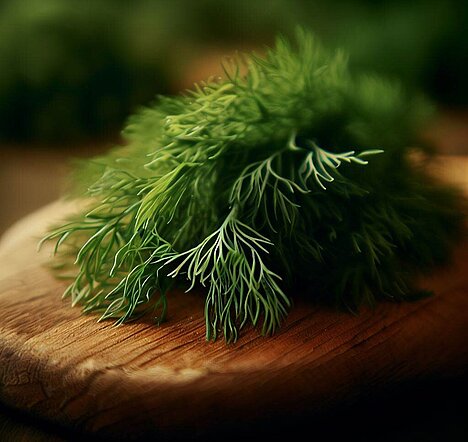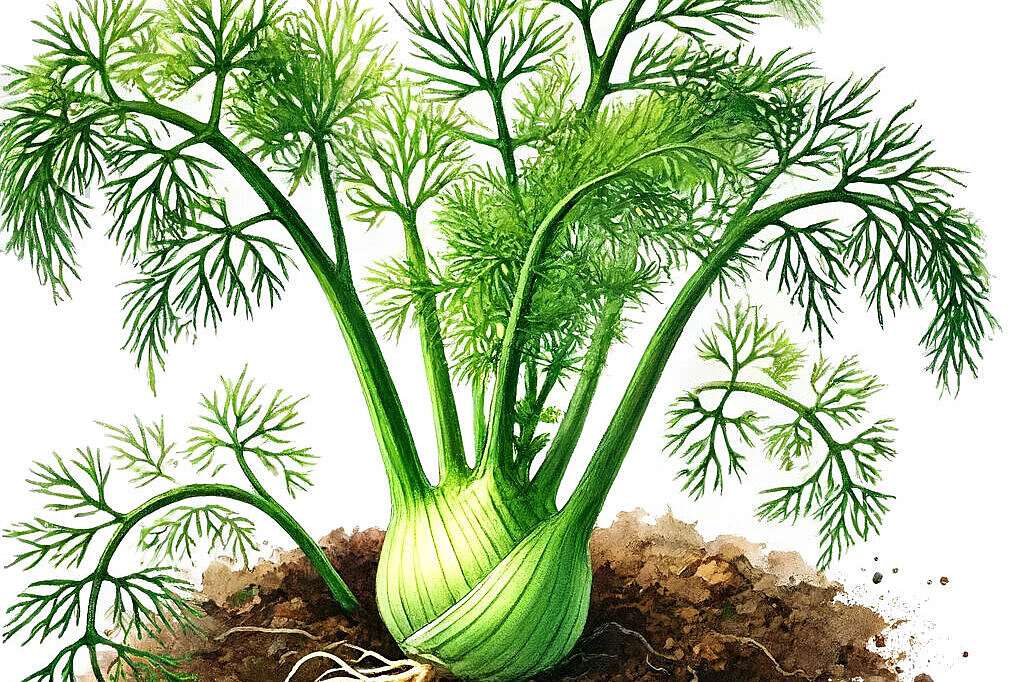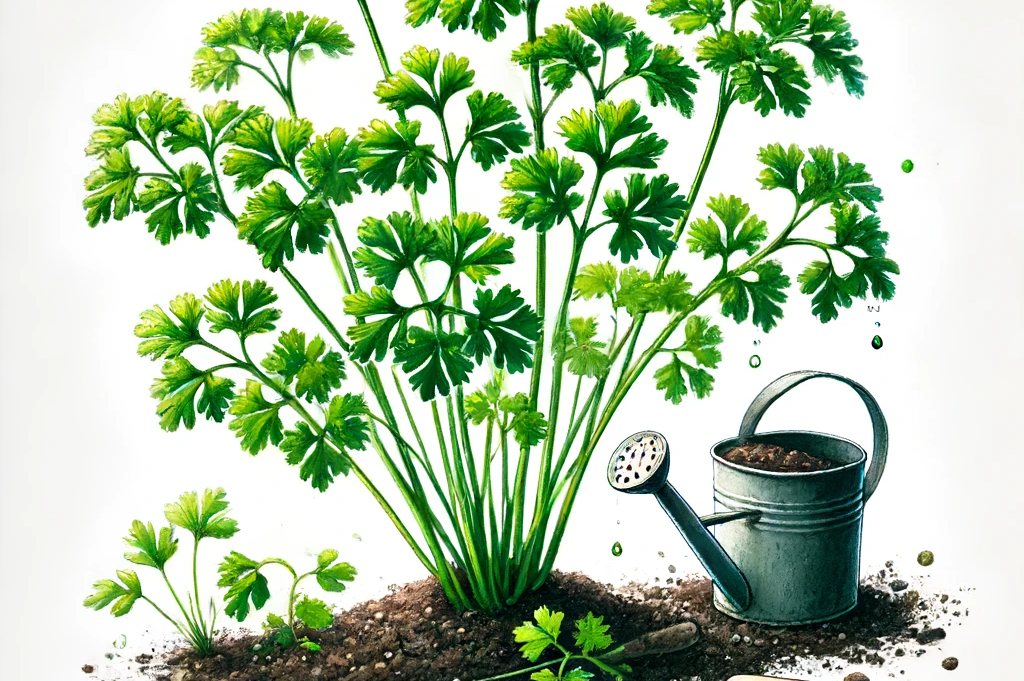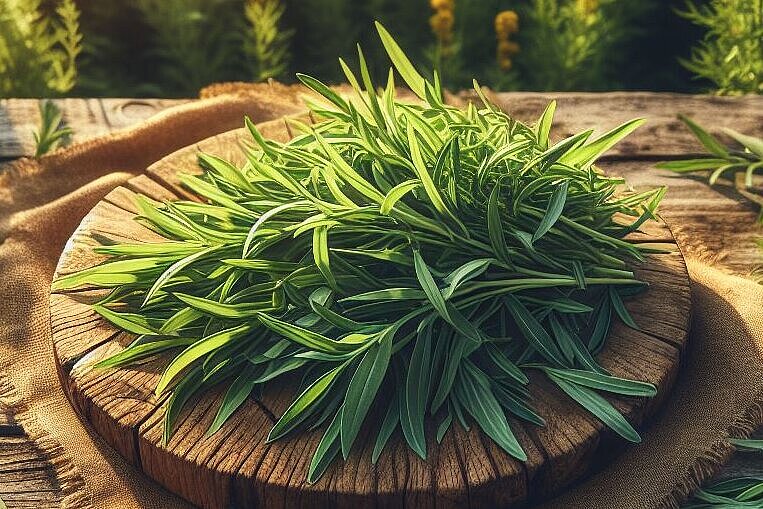Dill

As a dog owner, it is important to take care of your dog's well-being and health. A healthy and balanced diet plays an important role in this. But what about herbs and spices? Can you give your dog such ingredients? In this article, we take a look at dill and whether it can be good for your dog.
What is dill?
Dill is a spice plant from the Apiaceae family. It is known for its fine, fern-like leaves and fine seeds, which are often used in cooking. Dill originates from southwest Asia, but is now cultivated worldwide.
Benefits of dill for dogs
Dill has a number of benefits that can have a positive effect on a dog's health. Here are some of the most important:
- Digestion: dill contains essential oils that can aid your dog's digestion. It can relieve flatulence and indigestion.
- Antioxidants: Dill contains antioxidants that can strengthen your dog's immune system and protect it from harmful free radicals.
- Respiratory: Dill can also support your dog's respiratory system. It can relieve inflammation and soothe the mucous membranes.
Disadvantages of dill for dogs
Although dill has some benefits, there are also some disadvantages that you should consider:
- Allergies: some dogs can have allergic reactions to dill. If you notice that your dog has itching, rashes or other allergic reactions after feeding dill, you should remove dill from their diet.
- Overdosing: As with all food supplements, you should be careful not to give your dog too much dill. An overdose can lead to stomach problems or diarrhea.
How can you integrate dill into your dog's diet?
If you want to include dill in your dog's diet, you should do so in moderation. You can add dill to a home-cooked dog dish or sprinkle it over their food as a spice.
Dill has a number of benefits that can have a positive effect on your dog's health. It can aid digestion, strengthen the immune system and soothe the respiratory tract. However, you should also consider the possible disadvantages of dill, especially allergies and overdosing.
If you notice any signs of hypersensitivity or poisoning in your dog, you should see your vet immediately. We are not a substitute for a vet, but we try to be as accurate as possible. Every dog reacts differently and we recommend you get a second opinion or consult your vet if in doubt.
Stay healthy and take good care of your four-legged friend!😊
Similar to Dill
Fennel consists of three parts: the bulbous fennel, the fennel green and the fennel seeds. The bulbous fennel is the thickest part of the plant, which looks like a bulb and has a sweet taste. The...
Chervil is an annual plant that can grow up to 60 cm high. It has feathery leaves and white flowers that form small seeds. Chervil originates from south-eastern Europe and western Asia, but is now...
Parsley is a plant from the umbellifer family, which also includes carrots, celery and fennel. It has green, curly or smooth leaves with an aromatic scent. Parsley originates from the Mediterranean...
Tarragon is a perennial plant that can grow up to one meter high. It has narrow, elongated leaves and small yellow flowers. There are various types of tarragon, which differ in taste and growth. The...



